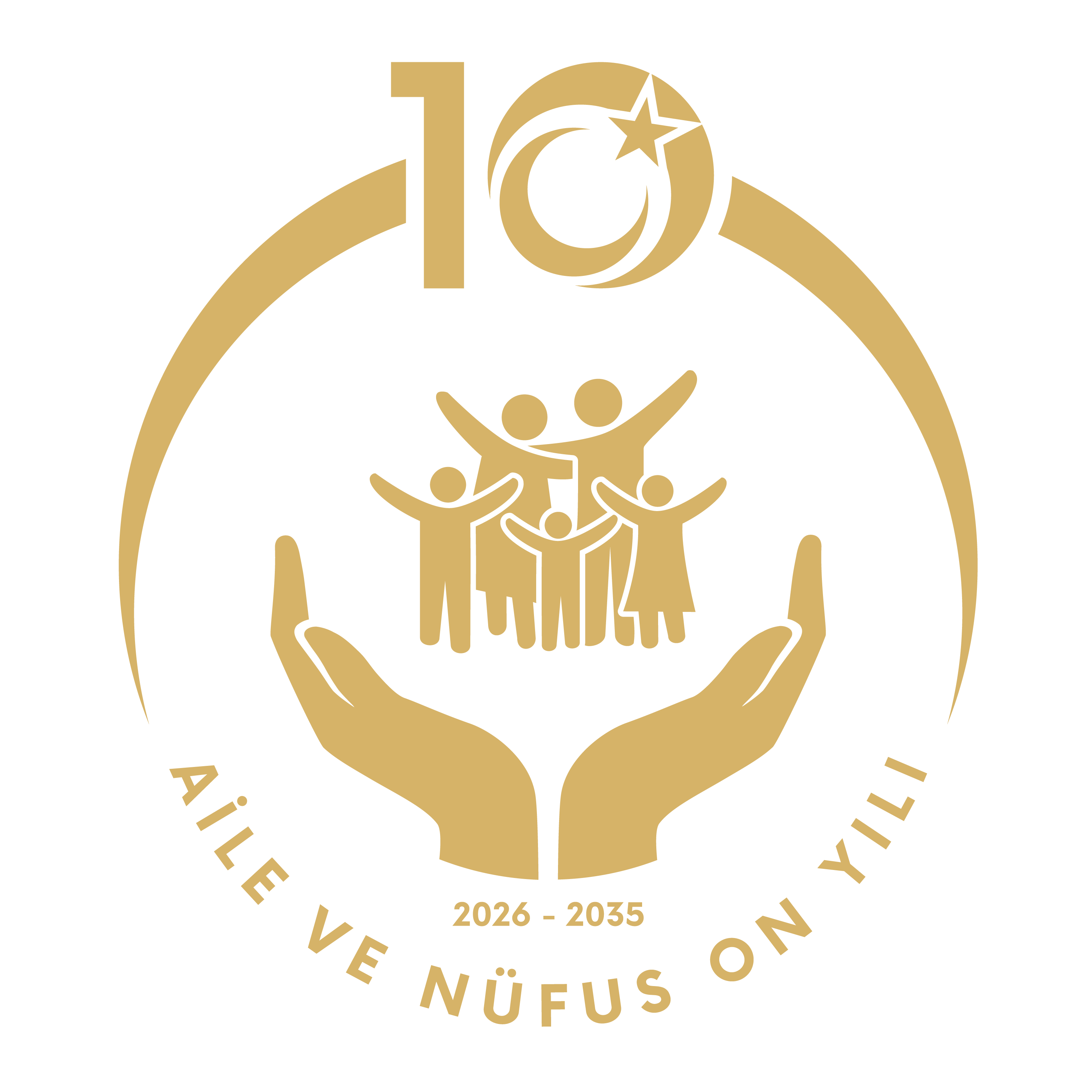28-29 Nisan 2025 tarihlerinde Türkmenistan Arkadag’da düzenlenen 1. Ekonomik İşbirliği Teşkilatı (EİT) Sürdürülebilir Kalkınma Forumu kapsamında gerçekleştirilen “Aile Kurumunun ve Demografik Eğilimlerin Sürdürülebilir Kalkınma Amaçlarına Ulaşmadaki Rolü” başlıklı panelde, Aile Enstitüsü Genel Müdürü Ayşenur Çoban konuşmacı olarak yer aldı.
Konuşmasında aile ve nüfus konularının ekonomik kalkınmanın önemli unsurları olarak EİT Meşhed Bildirisi’ne dahil edilmesi yönündeki girişimlerinin kabul görmesinden ve bu konuların EİT gündeminde somutlaşmasından duyduğu memnuniyeti dile getiren Çoban, güçlü aile kurumunun ve sağlam bir nüfus yapısının kalkınmanın tali değil, asli unsurları olduğunu vurguladı.
Çoban, günümüzde aile kurumunun yapısal olarak zayıfladığını, doğurganlık oranlarının dünya genelinde önemli düşüş gösterdiğini ve bu durumun toplumların geleceğini tehdit ettiğini belirtti. Türkiye’de doğurganlık hızının tarihinin en düşük değeri olan 1,51’e gerilediğini ve bunun Cumhurbaşkanımız Sayın Recep Tayyip Erdoğan tarafından “varoluşsal bir tehdit” olarak nitelendirildiğini hatırlattı.
Panelde ayrıca Türkiye’nin son dönemde aile ve nüfus politikaları alanında attığı adımları da paylaşan Çoban, 2024-2028 Ailenin Korunması ve Güçlendirilmesi Vizyon Belgesi ve Eylem Planı, Aile ve Nüfus Politikaları Daire Başkanlığı, Nüfus Politikaları Kurulu ve Aile Enstitüsü gibi yeni plan ve kurumsal yapılarla bu alanda daha bütüncül bir yaklaşım benimsendiğini aktardı.
2025’in “Aile Yılı” ilan edildiğini hatırlatan Çoban, aileyi destekleyen ekonomik, sosyal ve kültürel politikaların sürdürülebilir kalkınmanın ayrılmaz bir parçası olarak ele alınması gerektiğinin altını çizdi.
Parçalı ve kısa vadeli yaklaşımların etkilerinin sınırlı kalacağına dikkat çeken Çoban, sonuç alınabilmesi için politikaların araştırma temelli, temel değerlere dayalı ve eşgüdüm içinde tasarlanmasının; aile perspektifinin tüm plan ve programlara entegre edilmesinin kritik önemde olduğunu vurguladı.
“Üretken ve dayanıklı toplumlar inşa etmek için aileye yatırım yapmak, sadece sosyal bir tercih değil, stratejik bir zorunluluktur” ifadelerini kullanan Çoban, EİT bölgesinin bu alanda ortak hareket ederek örnek bir iş birliği modeli ortaya koyabileceğini belirtti.












